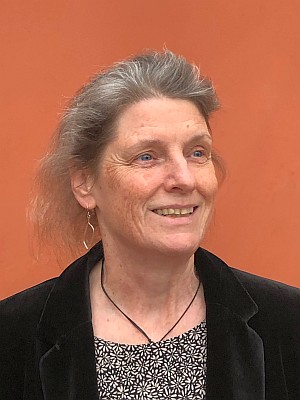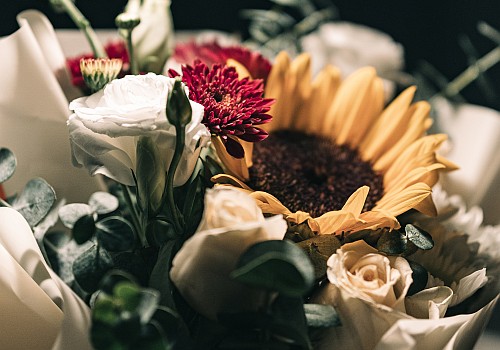About nicola, the celebrant
First and foremost in all my work, I am a listener. Writing and delivering a celebration of life is my way of showing you, the person grieving, that I have heard what really matters to you about the person who has died. I aim to say what you are holding in your heart, to be your voice. For me, a good funeral is all about expressing the meaning of a person’s life in the eyes of the bereaved, enabling a proper goodbye, which helps the living to carry on and regain happiness in their lives. This is why I want to do this work.
I have always been drawn to understanding and connecting with people and yet, when I was in my 30s a child I knew died and I had no idea of what I could say to the mother that might be comforting. At the time it seemed impossible to find any words that she would want to hear. I decided I never wanted to be in this position again and went to volunteer for Cruse Bereavement Care, who trained me as a one-to-one supporter for the bereaved. At the same time, I trained as a counsellor.
Since that time, I have sat with hundreds of people of all ages and backgrounds and many different kinds of bereavements. I heard stories of funerals and discovered that the quality of that event could have a positive impact on how people live with their grief. I learned that it helps to be able to say goodbye and thank you to the person who died in a meaningful way. When we honour the life of the deceased, this can help us gradually get used to their permanent physical absence from our lives.
It is often said that when a person dies, the relationship you have with them does not. In listening to the bereaved, I find people need to talk about the deceased, about their thoughts and feelings, which may be complex and difficult, and be heard without judgement. Telling the story of your connection with a person can help maintain the relationship, if you want to, long into the future.
When a colleague said they were doing some training as a Celebrant, my ears immediately pricked up. I had not realised that non-religious people could lead funeral services in a professional capacity. I attended training with the Fellowship of Independent Celebrants and began fitting funeral services around my job as a counsellor. It turns out that these two roles complement each other well.
I wrote my first tributes for members of my family and this taught me how much it matters that those sitting in the congregation hear words that ring true to them. I found I wanted every member of my family to be able to recognise the person they had known in what I said. For one funeral, where the person was universally loved and admired, that was straightforward. For another, where the deceased had more complex relationships with their nearest and dearest, it required a lot more thought and careful choice of words.
It’s an honour and a privilege to write and deliver a funeral for those who are grieving, which makes it deeply satisfying work.

Testimonials for Nicola Dunkley















